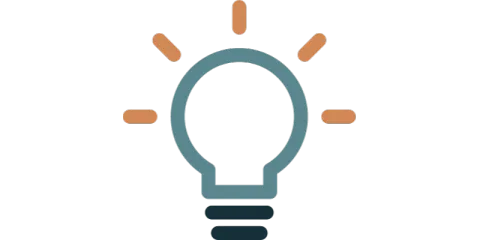
Self-sufficient CYPs: a green and efficient alternative to harsh chemical oxidations
Other
Information
AUTHORS
Delphine Devriese (1), Bart Devreese (1)
ORGANISATION
Laboratory for Microbiology-Protein Research Unit, Ghent University (1)
Abstract
Cytochrome P450 monooxygenases (CYPs) are versatile enzymes with a great potential in a variety of synthetic biology applications. The ability of CYPs to introduce one oxygen atom from molecular oxygen in a non-activated C-H bond while the other oxygen atom is reduced to water, makes them attractive biocatalysts. In addition, they are able to perform these reactions in mild reaction conditions and often exhibit high regio-, chemo- and/or stereoselectivity. This is in contrast to the chemical oxidation process which often requires harsh conditions using rare metal catalysts and are not always very effective. Specific interest is going to a class II type CYP. This class is ER-bound with an N-terminal anchor and requires an ER-bound NADPH-dependent CYP reductase partner (CPR).
The first aim is to create a self-sufficient CYP-CPR fusion enzyme in order to prevent the necessity of two individual enzymes and to promote efficient electron transfer. The second aim is to create an in vitro system. This offers several advantages. There is a reduced risk of substrate and/or product conversion to undesired by-products. Additionally substrate and product do not need to cross a membrane. Two approaches are investigated to this purpose; (1) the expression (and secretion) of a soluble self-sufficient CYP in Pichia pastoris. A truncated form of both CYP and CPR was successfully expressed and secreted. To our knowledge, this is the first CYP to be expressed in a soluble and secreted form. (2) E. coli outer membrane vesicle display of a self-sufficient CYP. Here, a fusion construct of CYP and the reductase domain of BM3 were successfully displayed on the outer membrane of E. coli. In conclusion, the first steps towards an in vitro system have been achieved.
Presenting author:
Contact Delphine Devriese on the Poster Session page for more information!
